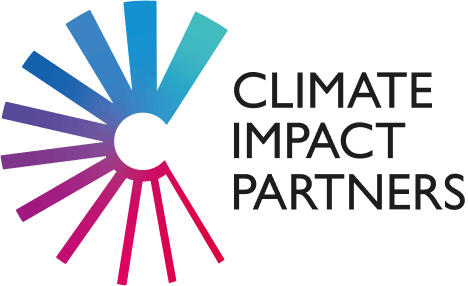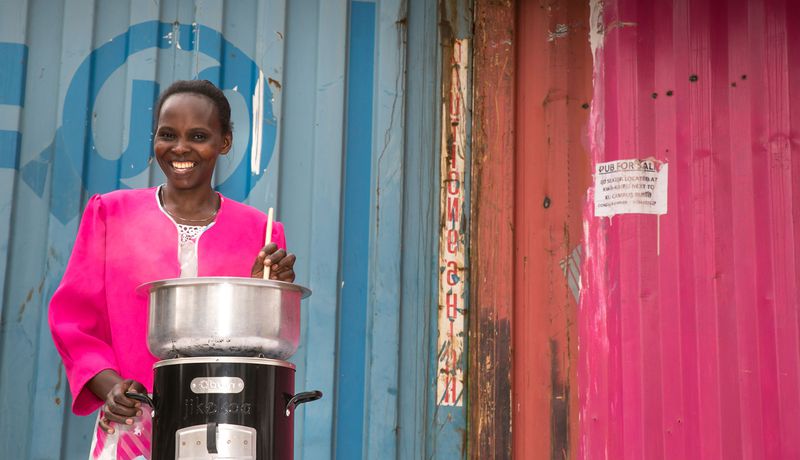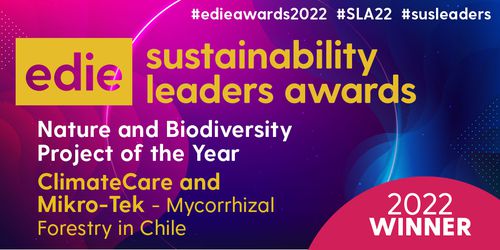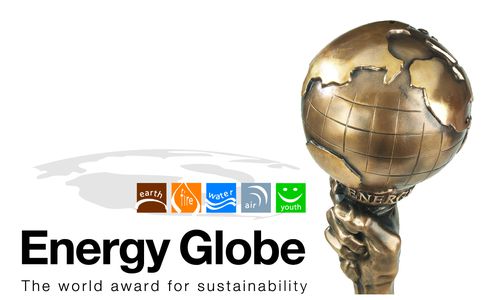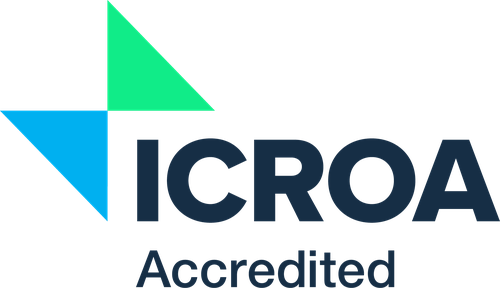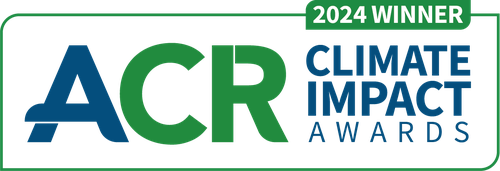Design and engineering consultancy Arup aims to address climate change by helping create the low-carbon, sustainable cities of the future.
They joined forces with Climate Impact Partners to pioneer a life-changing clean cooking project, which is set to transform the lives of 100,000 people in Kenya, measurably improve air quality, and save 32,000 tonnes of carbon emissions in just three years.
About the client
Arup helps clients around the world to solve complex engineering and infrastructure challenges. With more than 14,000 employees across 34 countries, the company continually strives to push boundaries and deliver ambitious sustainability programs that will help shape a better world.
What we did
The Arup team chose Climate Impact Partners to develop an innovative project that would both improve lives, measurably reduce levels of indoor air pollution, and reduce greenhouse gas emissions, in line with international goals and standards.
The company was keen to show its environmental responsibility by reducing emissions at scale in a cost-effective way, reaching thousands of families within a short space of time.
We responded to this challenge by developing an innovative project in Kenya. Cooking over clean stoves is one of the most economic ways for families in developing communities to improve their health. These stoves not only reduce exposure to smoky fumes in the home, but also consume less than half the fuel of traditional alternatives, cutting fuel bills as well as carbon emissions.
As we wrote the methodology that first allowed carbon finance to support clean cooking, we were able to combine this knowledge with our extensive experience of delivering clean cooking initiatives, to develop a bespoke project for Arup.
We set up a revolving fund to provide affordable credit, working closely with small-scale community organizations to spread the word about the stoves. Interested community members get an affordable loan to buy a stove, with their repayments going back into the fund, giving more people the chance to cook cleanly.
This helps Arup to create a positive social legacy and maximize positive outcomes from their investment.
What positive outcomes did we deliver?
In the first year, we provided more than 11,300 people in Kenya with affordable access to clean cooking. This reduced carbon emissions from cooking by approximately 1,300 tonnes, as well as saving each household up to 70 KES ($0.70) a day in fuel costs.
By demonstrating use of the stove and explaining the project at Arup’s head office in London, the Climate Impact Partners team allowed staff to see the stove, learn about its benefits, and increase engagement with the enterprise.
The project will quickly gain momentum, reaching scale in just three years. By 2020, 100,000 people in Kenya will be cooking with cleaner, healthier stoves and Arup will have helped Kenyans avoid 32,000 tonnes of carbon emissions.
What’s more, the nature of the revolving fund means this project can continue far into the future, helping to change more people’s lives.
Sustainability is about more than carbon reductions. The revolving fund is allowing the project to reach further than would be possible through direct giving, extending the positive impacts to more households over a much longer period of time, in addition to more carbon reductions. Climate Impact Partners is delivering a truly sustainable project. The team exceeded expectations by helping us to engage some of our employees with the project too.
Our goal is to deliver 1 billion tonnes of emissions reductions
500+ clients around the world
Delivering towards the Global Goals

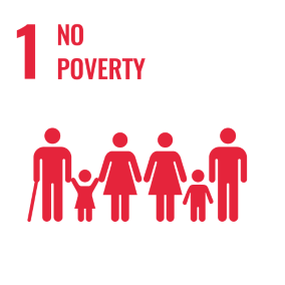
No Poverty
End poverty in all its forms everywhere
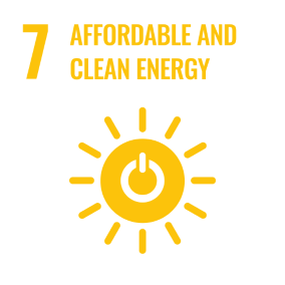
Affordable and Clean Energy
Ensure access to affordable, reliable, sustainable and modern energy
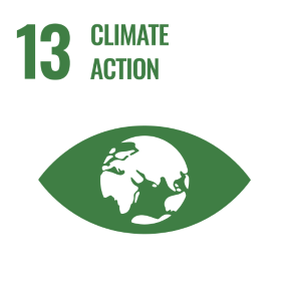
Climate Action
Take urgent action to combat climate change and its impacts


Supporting our projects delivers on multiple UN Sustainable Development Goals (SDGs). You can read more on the Goals below.
Learn more about the global goalsThe Latest Insights From
Climate Impact Partners

Buying Smart: How to Avoid the Carbon Credit Crunch
As carbon markets evolve, demand for high-integrity credits is set to outpace supply as early as 2030—with some buyers already feeling the squeeze.
Read more
SBTi Net Zero Draft V2.0: Your Key Questions Answered
Climate Impact Partners experts answer key questions on the SBTi's draft Corporate Net Zero Standard V2.0.
Read more
Navigating the SBTi's Proposed Net-Zero Revisions: Implications for Carbon Credits, Removals, and BVCM
An overview of the key updates from the SBTi’s proposed Corporate Net Zero Standard (V2.0) and implications for carbon credits.
Read more